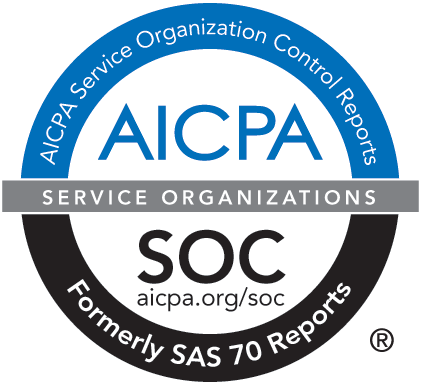HighGround Talks DAFs - Part Three
July 1, 2024 - HighGround’s Joe Hancock and Katie Warren were recent guests on Jason Parker’s The Sound Retirement Planning podcast to discuss donor-advised funds, the increasingly popular charitable giving tool. In this three-part blog series, we share key takeaways from that episode. In this post, we cover:
- Giving to Private Foundations with a DAF
- Giving Anonymously with a DAF
- Funding Education with a DAF
- DAF Payout Requirements
- When a DAF May Not be Right
Giving to Private Foundations with a DAF
Joe Hancock: People say, “Can I direct gifts out of my donor-advised fund to a private foundation," and there's a distinction there that is important between an "operating" and a "non-operating" type foundation. And without getting into the minutiae of those kinds of tax rules, the bottom line is that an "operating" type foundation indicates the type of organization that has charitable programs and charitable purposes that, you could say, touch the public, that meet an observable charitable end - a program or objective that provides good, frontline impact.
The kinds of organizations, in a general sense, that cannot receive a donor-advised fund distribution would be like a grant-making foundation. So, like a foundation that has grant-giving and grant analysis - analyzing applications and making grants out to charities. Kind of a middle ground there. It's a charitable organization, but their purpose is not direct impact; it's more facilitating other giving down the line. Those organizations donor-advised funds cannot distribute to.
Giving Anonymously with a DAF
Jason Parker: I wanted to ask you about anonymous giving. I know that some people have used donor-advised funds because some of the organizations would allow for anonymous grants. Is that something that HighGround Advisors allows for?
Katie Warren: Yes, it is. Anonymous granting is an option. We do find, though, in all the studies that have been conducted so far, that 4% or less of DAF grants are made anonymously. So, while there is that option - it provides that flexibility - it is, by and large, not how people are making their grants.
Funding Education with a DAF
Katie Warren: So, there are a number of ways you can fund education and scholarships with donor-advised fund grants. You could use a grant to establish a scholarship fund at your alma mater, but there are restrictions. Your family members could not be recipients of the scholarship fund. You could not have the majority decision-making privilege in who receives those scholarships. So there are some restrictions like that.
DAF Payout Requirements
Jason Parker: Is there a certain amount of money that has to be given every year out of the donor-advised fund? Once it's been established, once the gift has been made, do they have to give a certain percentage every year?
Katie Warren: From an IRS standpoint, no. DAF sponsors each will have their own policies in place. HighGround, for example, has inactivity policies. So, we're going to check on an annual basis to make sure these DAFs are active. If they're not, and we've reached them or attempted to reach them, then within a certain period of time, we reserve the right to enact their succession plan. So, it's just that idea of, "these dollars are for philanthropy." They're for charity, and we want to encourage that they be granted to charity.
When a DAF May Not be Right
Katie Warren: Jason, when I think of donors that we've had conversations with that started by talking about donor-advised funds and then realized, based on their goals and their needs, a donor-advised fund really wasn't the best solution for them, the ones that come to mind are... We recently were talking to a woman who had a financial windfall due to a sale of some land, and she wanted to put it into a donor-advised fund to benefit her church over time. But then, as we were talking, we realized she also wanted some of that money to go to her children, and you cannot grant to individuals with a donor-advised fund. And so what might work better for her is some sort of charitable trust where the beneficiaries could be the charity and her children. We can work something out like that, which HighGround is able to do.
I've also talked to donors who were really interested in just inspiring and galvanizing philanthropy among others. And so they were excited about creating fundraising events, and they wanted the expenses to be able to cover - the grants to be able to cover the expenses of those fundraising events. Again, that's not something that can happen with the donor-advised fund. So, a different vehicle would be better for them.
And then, again, when someone wants to grant to individuals, that wouldn't be the best to use a donor-advised fund. That's not an eligible charity, charitable purpose. So things like that. I think, you know, when I think about a private foundation or something else, maybe if they want to employ their family, keep control over the assets and things like that, then a donor-advised fund would not be -
Jason Parker: A lot more administrative burden if you're going to go the route of a private foundation or a family foundation.
Katie Warren: Absolutely. So, it's just weighing, "What are the priorities of the donor?" And in many cases, we're finding whatever their priorities and goals are, a donor-advised fund can meet that. But in some cases, it doesn't, and then we talk about what those solutions could be.
To listen to the full podcast episode, click here. If you would like to learn more about donor-advised funds, call us at 214-978-3300.



